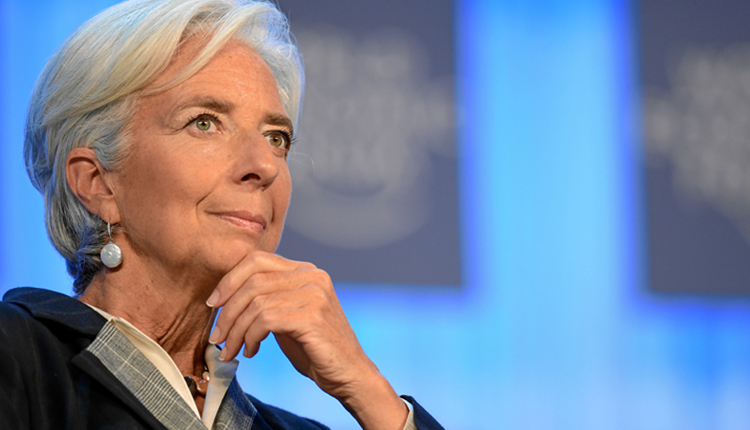The European Central Bank (ECB) announced on Thursday measures to support bank lending and expanded its asset purchase programme by €120 billion ($135.28 billion) amid the ongoing coronavirus outbreak.
Speaking at a press conference, Lagarde said Thursday that the “spread of the coronavirus covid-19 has been a major shock to the growth prospects of the global economy and the euro areas economy and it has heightened market volatility.”
The central bank decided not to cut interest rates, despite market expectations for a reduction over the spread of the flu-like virus.
Market participants and investors were expecting a rate cut of 10 basis points as a way to stimulate the eurozone economy amid fears that a recession is about to hit the region. Both the U.S. Federal Reserve and the Bank of England decided last week to cut rates as ways to support their respective economies.
“Contrary to expectations, the ECB did not cut its deposit rate more deeply into negative territory. Instead, the ECB will buy more assets with a focus on private sector bonds and inject even more liquidity at even more favourable terms into the banking system,” Holger Schmieding, economist at Berenberg, told CNBC in an email.
The ECB’s main rate currently stands at -0.5 percent. The negative rate is meant to spur banks to loan money instead of parking it at the central bank. Experts have argued that in comparison with other central banks, the ECB’s toolkit is more constrained as its rates are in negative territory.
